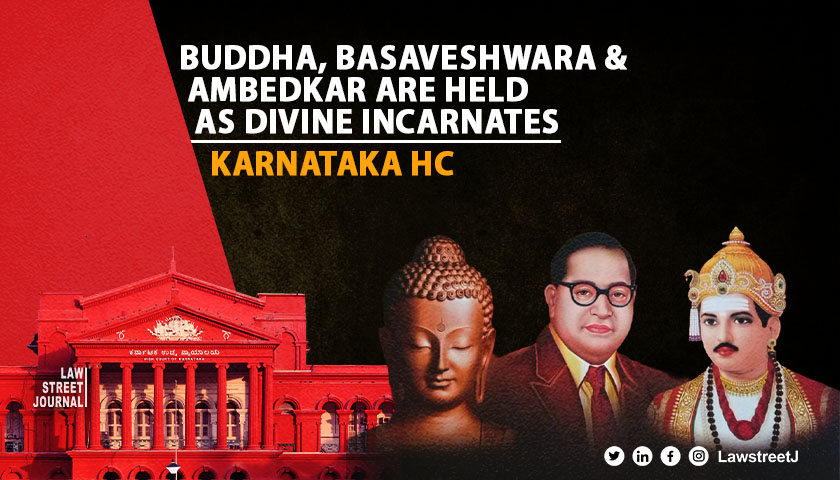Bengaluru: The Karnataka High Court recently dismissed the Public Interest Litigation (PIL) that challenged the oath taken by the Members of Legislative Assembly (MLAs) for not paying deference to God.
At times, tall figures like Bhagawan Buddha (563 BCE - 483 BCE) Jagajyothi Basaveshwara (1131-1196), Dr.B.R.Ambedkar (1891- 1956), etc., are held as daivaansha-sambhootaas i.e., divine incarnates which the English word God employed in the constitutional formats in Third Schedule, does nearly denote the same. It is said in Kannada devanobba, naama halavu nearly meaning that: God is one, though he is called by multiple names. This is in line with what Brihadaaranyaka Upanishad states: ekam sat vipra bahudha vadanti which literally means that, truth is one and the wise call him with various nomenclatures. It is significant to note that, the format permits God neutral oath taking, a Bench of Chief Justice Prasanna B. Varale and Justice Krishna S. Dixit observed in the order.
The specific allegation was that the oath taken by the 9 ministers of state and 37 members of legislative assembly did not take their oath as per the prescribed format under the schedule iii of the constitution of India. They committed a breach of Article 188 (Oath or Affirmation by the Members) read with Schedule III of the Constitution of India, and therefore, they should be disqualified, the petitioner contended.
The Court noted that it was not uncommon in the Indian society that the people and their elected representatives to show due deference to the sages, social reformers and tall figures who have contributed for the upliftment of society, more particularly, of downtrodden sections.
The Bench highlighted that oath can be taken in the name of God or by solemn affirmation without taking any name of God. This becomes evident by a sheer look at all the formats enlisted in the Third Schedule to the Constitution of India which employs the expression swear in the name of God and alternatively other expression solemnly affirm.
The Court added that one has to see the substance of prescription and not just the format and this is not to subsidize the sanctity attached to the forms, especially those which the Constitution itself prescribes. It said that the civilized jurisdictions have moved from form to substance, even then, in technical matters like this, forms have their own value & sanctity and such form is prescribed keeping the same in mind, it added.
It is not impertinent to state here that Article 210 provides for taking oath in mother tongue or in any one of the 22 languages enlisted in Schedule VIII to the Constitution. Despite vociferous submissions of the learned counsel appearing for the petitioner, we are not convinced that the oath subscribed by the private respondents does not comply with the requirement of the prescribed formats, the Court said while dismissing the plea.
As a word of caution, the Court also reminded that failure to subscribe to the oath in substance would give scope for other petitions.for other petitions.







![Karnataka High Court: Cabinet Rank Status Not Equivalent to Ministerial Position [Read Order]](/secure/uploads/2023/09/lj_2318_fc1b99b7-aeed-472b-836e-33750bedb394.jpg)


![Woman living in adultery cannot claim maintenance: Karnataka High Court [Read Order]](/secure/uploads/2023/10/lj_3083_Women_living.jpg)




